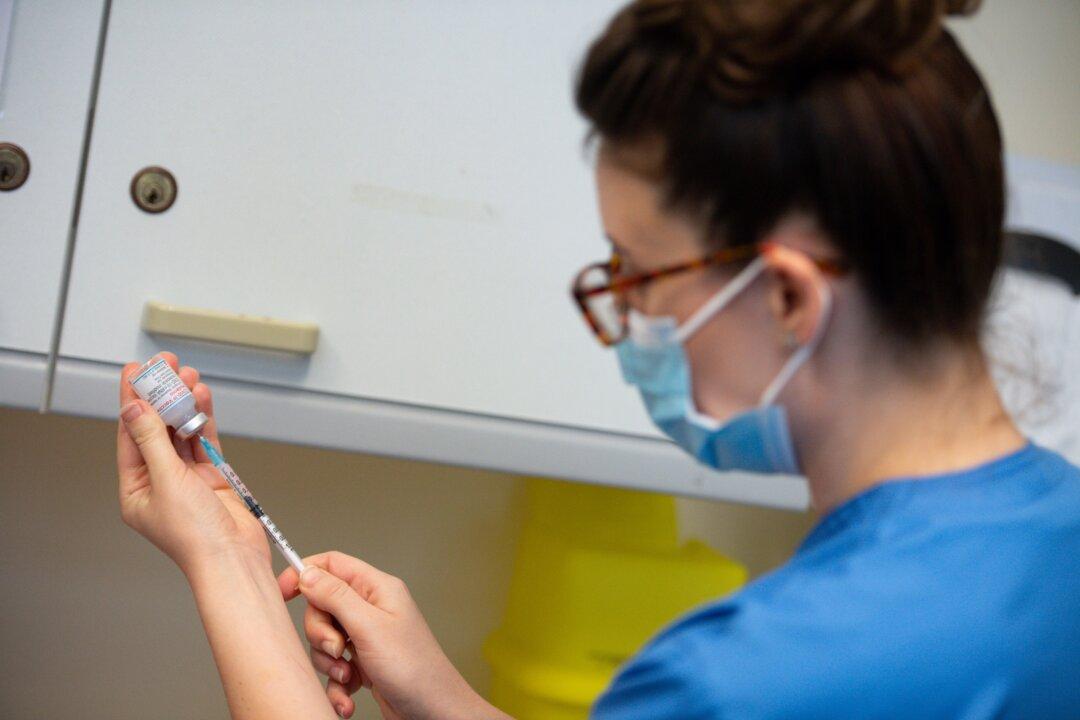The possible link between CCP virus vaccinations and menstrual changes should be investigated to clear up the doubts, a reproductive immunology lecturer from Imperial College London said.
In an editorial published on Thursday in the British Medical Journal, Dr. Victoria Male said failing to thoroughly investigate reports of menstrual changes after CCP (Chinese Communist Party) virus vaccination will likely fuel fears that the vaccines can hurt women’s chances to have children.





